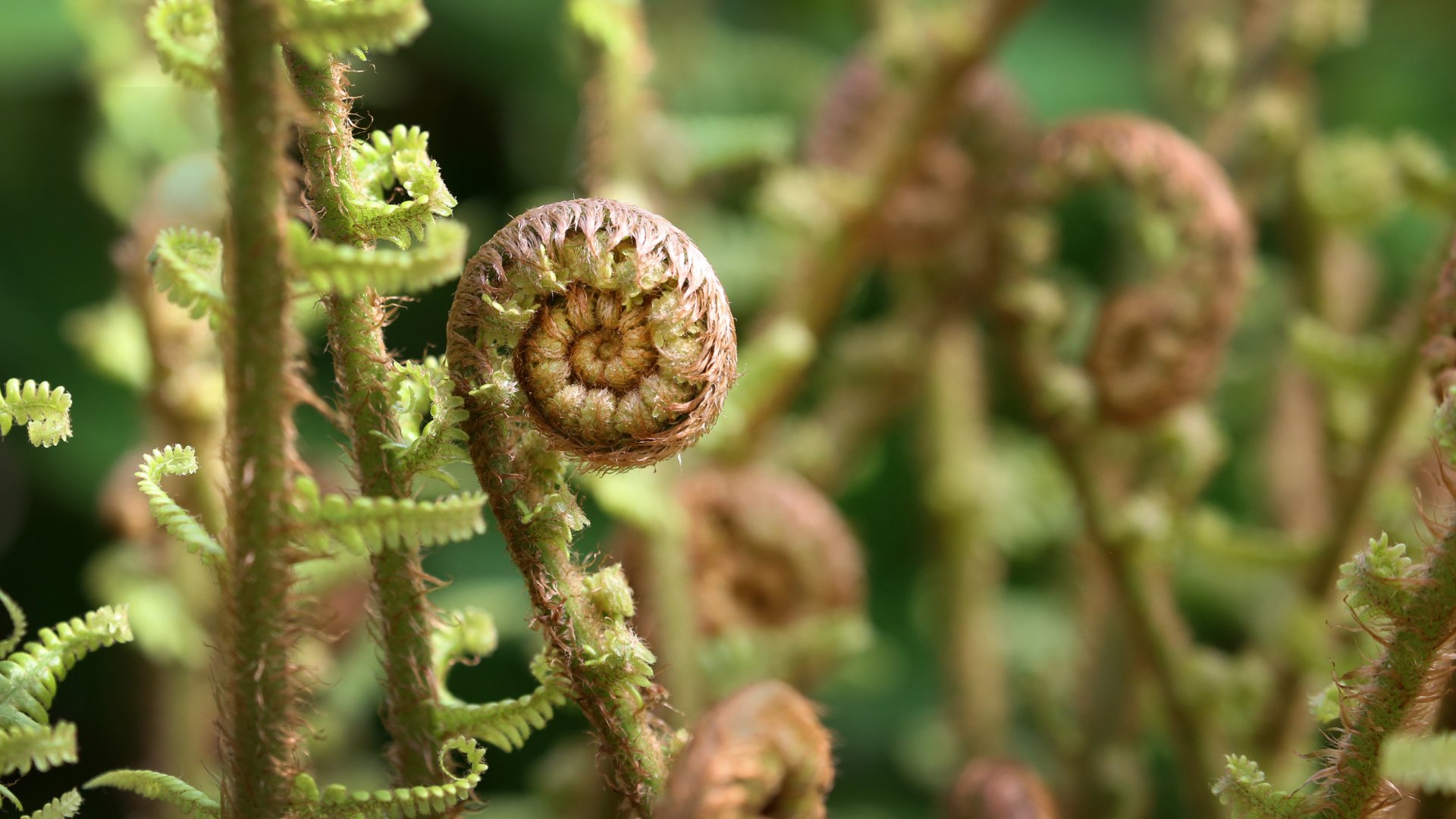Most normal thing in the world
Horizontal gene transfer (HGT) is a process where genetic material is exchanged. This can happen within a species, but also between different species. This is common in most microbes, and makes antibiotic resistance in bacteria spread quickly for example. It was not really accepted that HGT also plays a role in complex multicellular organisms, like plants and animals.
From this new research we can conclude that HGT in plants is a very normal thing. By HGT new genes arise quickly. This is very useful when organisms have to adjust to a drastically changing environment. Like, when plants moved from water to go live on land.
Still important
The scientists researched a total of 31 plant genomes. They discovered that about 600 gene families – that is a very large amount – had their origin in other organisms, mostly bacteria and fungi. These acquired genes are still important for plants. An example? The ammonium transporter gene, which comes from a fungus, helps plants taking up nitrogen form the soil. This helps plants grow.
There are many more examples. So, with the help of the bacterial genes water plants could evolve into land plants, according to this new theory.
Sources
https://www.cell.com/molecular-plant/fulltext/S1674-2052(22)00049-1
https://www.sciencedaily.com/releases/2022/03/220301131053.htm

